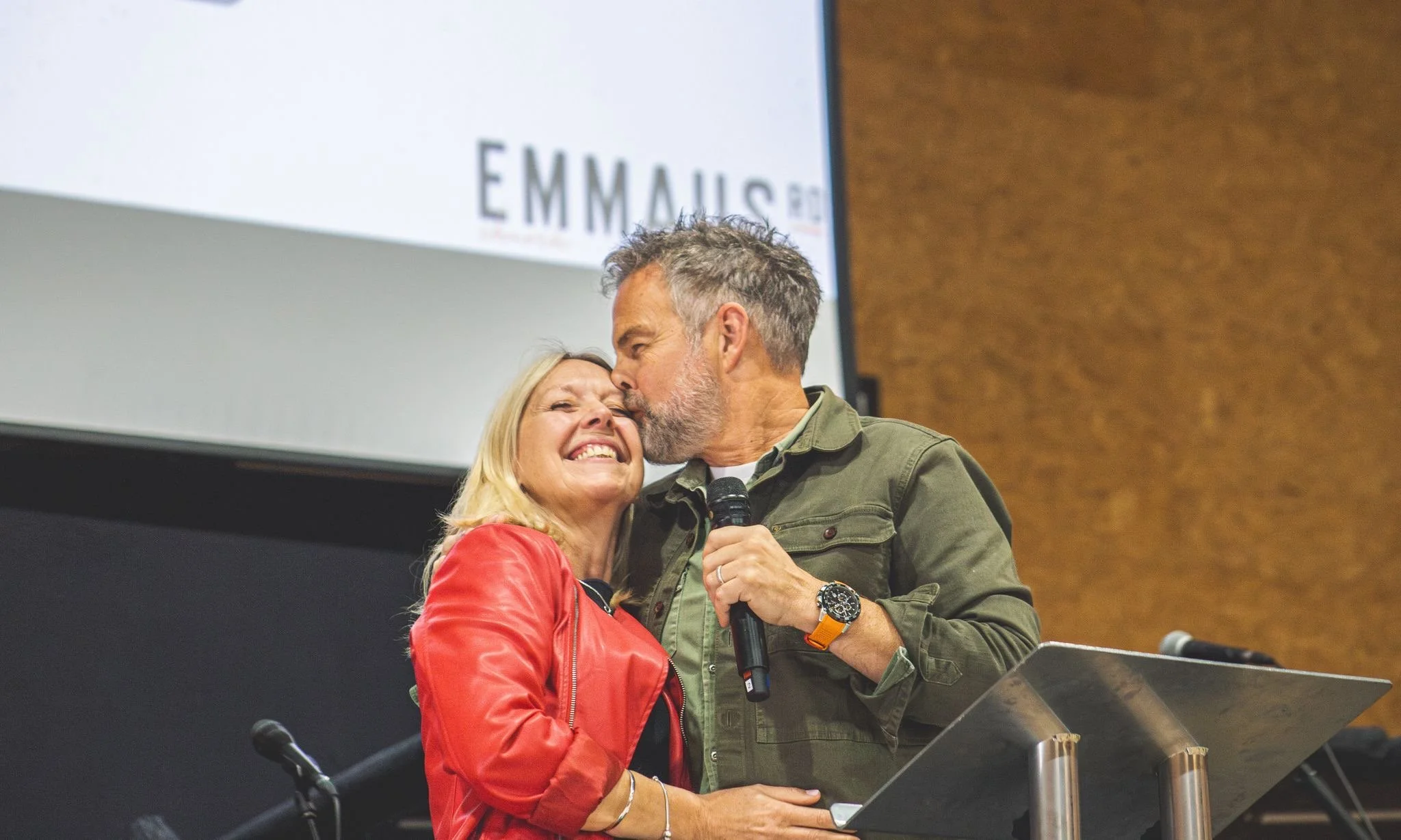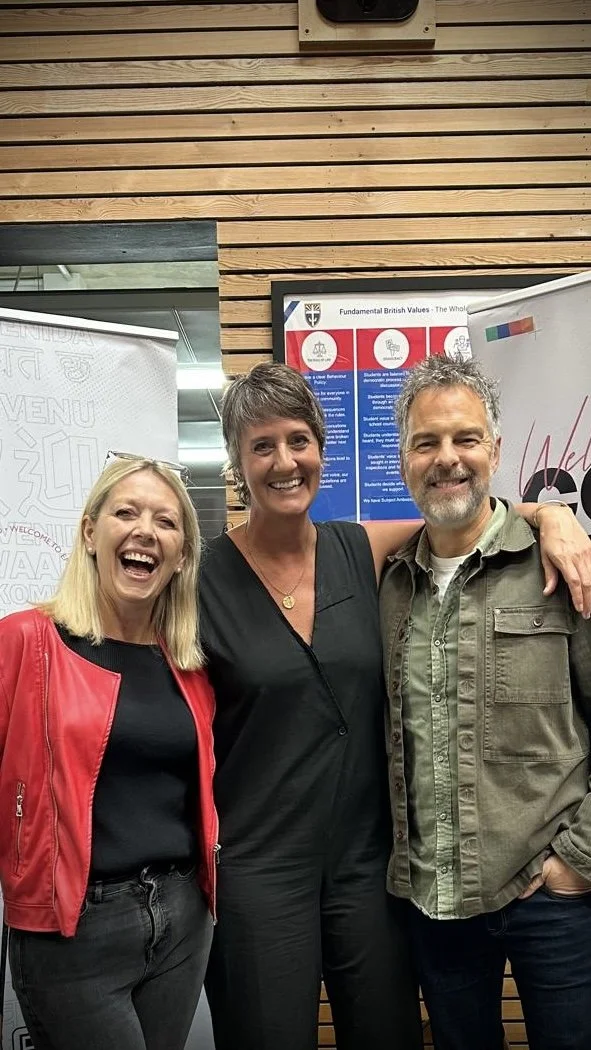“You are my God; eagerly I seek you;
my soul thirsts for you, my flesh faints for you,
as in a barren and dry land where there is no water.” (Psalm 63:1)
There is an insidious charade propagated continually in certain wings of the church: that intimacy with God can be experienced continually, on demand, whenever we pause to pray, whenever we raise our hands in worship, whenever we sip from the cup of communion.
This is a lie.
We propagate this delusion in many ways: by smiling ecstatically in worship when in fact we’re thinking about our dinner; by teaching some parts of the Bible but not others; by assuming responsibility for God’s PR; by conflating the ancient heresy of Gnosticism with the modern heresy of experiencialism; by spotlighting our occasional moments of ecstasy, epiphany and breakthrough, whilst relegating entire seasons of mild disappointment, dullness and doubt to the conversational wings.
Many years ago, U2 upset a lot of Christians by releasing that song “I still haven’t found what I’m looking for.” We liked the bit where Bono sings:
“You broke the bonds
And you loosed the chains
Carried the cross
Of my shame
You know I believe it.”
So far so good. But then he added…
“But I still haven't found what I'm looking for.”
Those who objected to this lyric were forgetting their Bibles and denying the actuality of our common Christian experience: Joseph wrestles the angel, David rages at the Almighty, Jesus himself cries out ‘My God why have you forsaken me?’, Thomas doubts the resurrection, John of the Cross is plunged into his dark night of the soul, enslaved Africans turn their suffering into song. .
The honest truth of the matter is this…
the predominant experience of true disciples is less a continual delight in God's intimate presence than a continual desire for that presence.
As the Psalmist says, it is a thirst, a fainting of the soul, a gnawing hunger. And just as hunger for a feast (as the aroma of cooking fills the house) is sweeter than the bloatedness and the aroma after the event, so the desire for God is a delight in itself. This is the very condition we find the Psalmist celebrating here.
It's not the comfort of God's presence but of his distance that draws us to himself. His gift to us therefore is dissatisfaction and desire. It's the splinter in our shoe. The things the dawn implies. The funeral that whispers in the shadows of every wedding.
And so whenever I pretend to other people that my experience of God is more common, more enjoyable and more immediate than it truly is, l damn them to disappointment - with themselves as much as with God.
I am not for one minute advocating here the kind of morose faith that moans continually about God's absence. The 'dark night of the soul' is precisely that - a night and not a protracted season. When you have moments of startling encounter, of answered prayer, of pure delight please celebrate them. Shout your hallelujahs from the rooftops! God knows we need such hope.
But a deepening relationship with God progresses pretty quickly from the primary colours of K-pop and power ballads to the ambiguity of jazz and the demeanour of blues. The Word of God, so flirtatious at the start, quickly becomes a question for every answer, driving me crazy like a cryptic crossword clue gnawing at my mind.
God's prevalence is sometimes experienced as a trancience, his presence as a kind of distance in my soul.
And surprisingly, reassuringly this is consistently the experience of saints down the ages from Augustine of Hippo to Eugene Peterson of Montana: they don't feel holier but hungrier as the years go by, they trust more because they know less and less, they are marked out by the relentlessness of their desire because certainty has been displaced by seeking. It's a kind of homesickness that intensifies as the holidays approach.
And so (I am being as honest as I can here), I sometimes feel God's presence tangibly, but often I don't.
Like a marriage in its third decade, my relationship with the Lord is certainly a concrete daily reality but it is not - it cannot and should not be - a continual emotional high. I find myself unlike an atheist less in the vitality of my experience of God, than the consistency of my quest for God.
This unresolved chord, this scanning of the crowd for a familiar face, this curse is my delight. It is the impulse in me that cries out with the psalmist even in the darkest night and the driest desert:
"You are my God; eagerly I seek you; my soul thirsts for you, my flesh faints for you, as in a barren and dry land where there is no water." Psalm 63:1
📷 pilgrim shell from St Columba's Bay on the Isle of lona, travelling with me along the long, slow trail to Lindisfarne










